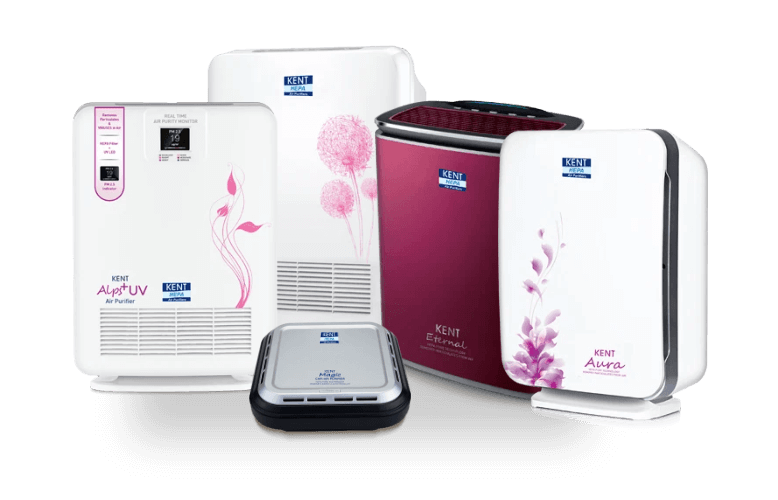Air quality matters to health, but people ignore the influence of indoor air pollution. Dust, pollen, smoke, and microscopic debris can contaminate a space from anywhere, even from spaces that appear clean. For homes in urban areas with high pollution levels becomes a dangerous health issue. Air purifiers have emerged as an effective solution, helping to create safer living environments.
What Exactly is an Air Purifier?
An air purifier eliminates toxic particles and pollutants in the air inside homes. It operates continuously, drawing air through filters and outputting it back after cleaning. Many buyers focus on theAir Purifier Price, but beyond cost, it is also important to know how such devices operate and why one needs them. Knowing this helps households make an informed decision when investing in one.
How Does an Air Purifier Work?
An air purification system works methodically. The air will enter the air purifier, pass through several purification methods, and then return to the room. Each part has a task to perform:
Pre-Filter
Traps larger particles such as pet hair, dust, and fabric fibres. It is the first layer, so it saves fine filters from wear.
HEPA Filter
High-Efficiency Particulate Air (HEPA) filters are the heart of the unit. They remove 99.97% of small particles such as pollen, mould spores and fine dust. It is especially beneficial for asthma and allergy sufferers.
Activated Carbon Filter
This layer is responsible for unwanted odours and gases. The carbon absorbs smoke, chemicals and disagreeable smells, improving the environment indoors.
Must Read: 10 Must-Have Vacuum Cleaner Features for a Spotless Home in 2025
UV or Ionisation Stage
Some advanced purifiers use ultraviolet light or ionisation technology to neutralise bacteria and viruses, adding an extra level of protection against harmful microorganisms.
Together, these components work in cycles, ensuring the air remains consistently clean.
Benefits of Using an Air Purifier
The value of air purifiers lies in their ability to address multiple health and lifestyle concerns:
- Reduced allergy triggers: Seasonal allergies, pet dander, and dust mites are minimised.
- Cleaner breathing environment: Smoke and traffic-related particles are filtered out.
- Odour control: Removes lingering smells from cooking, pets, or tobacco.
- Improved sleep: With fewer irritants, sleep quality often improves.
- Health protection: Continuous exposure to clean air supports long-term lung health.
When evaluating these benefits, many people balance them against the air purifier price to see whether the investment makes sense for their household.
Air Purifier vs. Car Air Purifier
Air Purifiers are designed to clean indoor air by removing dust, allergens, smoke, and harmful particles, making them ideal for homes and offices. On the other hand, a Car Air Purifier is built specifically for vehicles, where space is limited and pollution levels can be high due to traffic emissions. While standard Air Purifiers use advanced filters like HEPA and activated carbon to improve overall indoor air quality, Car Air Purifiers are compact, portable, and effective against pollutants, odors, and allergens inside the cabin. Choosing between the two depends on whether your need is at home or on the go.
Choosing the Right Air Purifier
Before buying, it is useful to keep these considerations in mind:
- Room size compatibility: A purifier must match the size of the room where it is used.
- Filter replacement costs: While initial prices may look affordable, replacement filters add to long-term expenses.
- Noise levels: Quieter models are preferred for bedrooms or study areas.
- Energy efficiency: Energy-saving devices lower utility bills without compromising performance.
- Other features: Smart sensors, air quality indicators, and auto-modes are features that can make using the devices easier.
By evaluating these factors, households can find an option that is functional and affordable.
Conclusion
Air purifiers are increasingly considered necessities instead of luxuries. They help to lower the amount of pollutants, allergens, and toxic gases that can be in homes and other places. an air purifier provides protection against the air we breathe. Although the cost of the air purifier remains a vital factor, the long-term health gain would often offset the expenditure, and air purifiers would turn out to be a worthy investment towards a health-conscious lifestyle.
